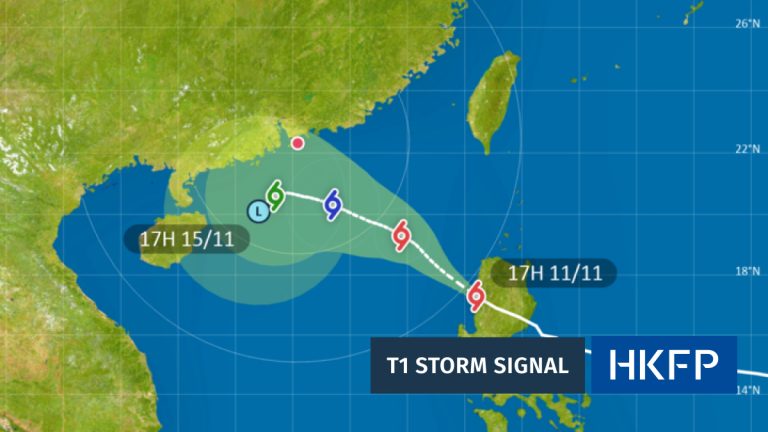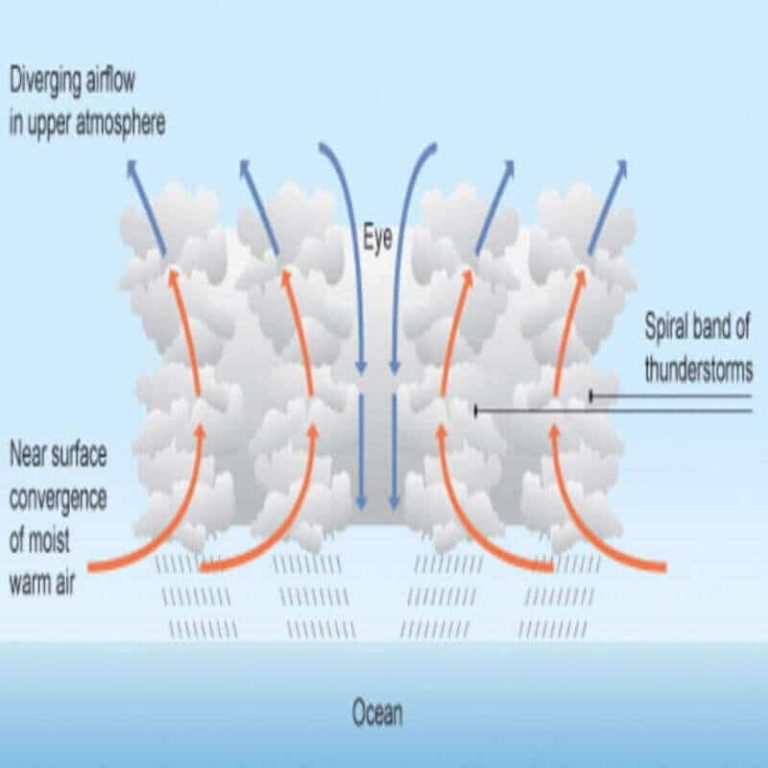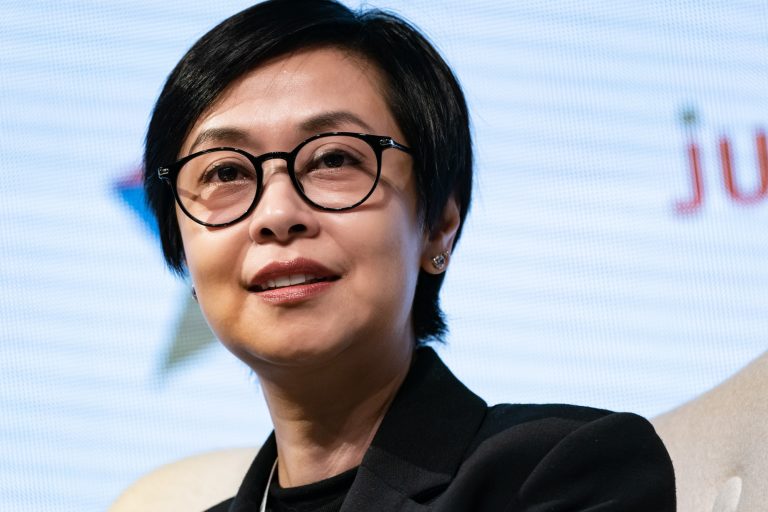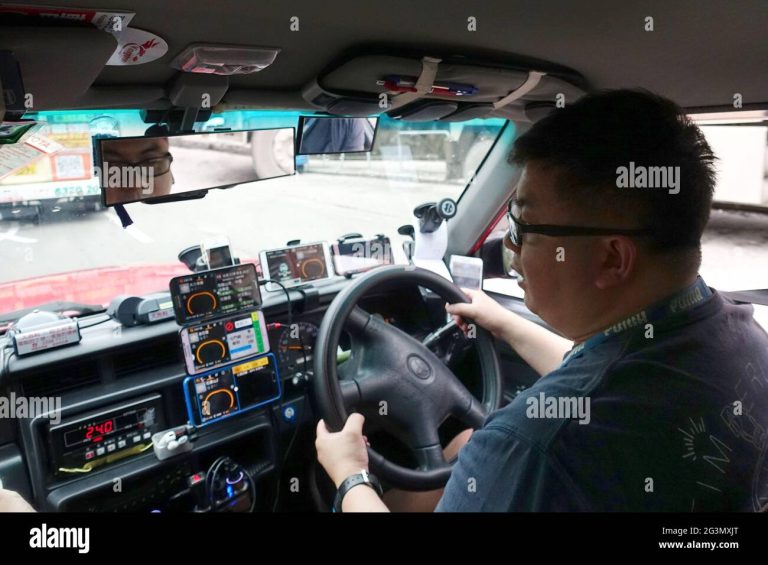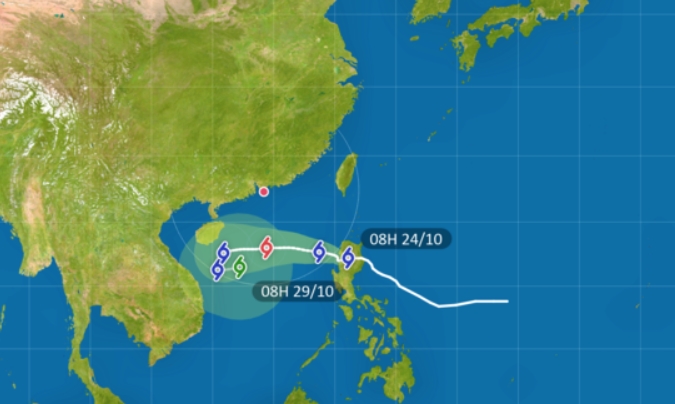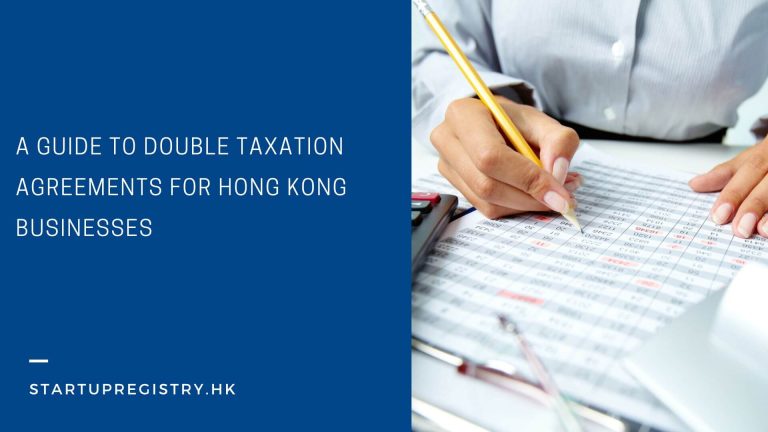Leadership Shifts at Hang Seng Bank: A Strategic Transition Unfolds
In a significant leadership move that signals continued strategic evolution, Hang Seng Bank is preparing for a notable executive transition this October. Diana Cesar, who has been serving as the bank’s Chief Executive and Executive Director, will step down from her current role, marking the end of a transformative four-year tenure.

Cesar’s journey with HSBC has been long and distinguished, dating back to 1999. Her professional trajectory includes a pivotal period as chief of HSBC Hong Kong from 2015 to 2021, during which she demonstrated remarkable leadership capabilities. Rather than completely departing from the organization, Cesar will transition to a strategic advisory role as Vice Chair at HSBC Hong Kong, where she will provide critical guidance to the co-CEOs of Asia and the Middle East on developing the Hong Kong business.
During her leadership at Hang Seng Bank, Cesar navigated complex financial landscapes with remarkable resilience. Her strategic focus centered on sustainable growth, maintaining a robust capital position, and consistently increasing shareholder returns—achievements that have positioned the bank favorably in a challenging economic environment.

Stepping into Cesar’s role will be Luanne Lim, currently the Hong Kong chief at the Hongkong and Shanghai Banking Corporation (HSBC). Lim brings a wealth of experience in strategic partnerships, digitalization, and innovation. Her proven track record of collaboration with clients, industry leaders, and government bodies makes her an ideal candidate to lead Hang Seng Bank into its next developmental phase.
Complementing these leadership changes, Maggie Ng will assume the role of CEO at HSBC Hong Kong while continuing her responsibilities as head of retail banking and wealth management. Since joining HSBC in 2020, Ng has been instrumental in driving significant growth within these critical sectors. Her strategic priorities include acquiring new international customers, accelerating wealth sales, and enhancing digital penetration—key objectives in today’s rapidly evolving financial landscape.

These executive transitions are set to take effect in October, pending regulatory approval. David Liao, HSBC’s Asia and Middle East co-CEO, has publicly expressed appreciation for Cesar’s contributions, acknowledging her role in developing and maintaining Hang Seng Bank’s resilience over the past four years.
The leadership shuffle represents more than just personnel changes; it reflects a strategic approach to organizational development. By positioning experienced executives like Lim and Ng in key roles, HSBC demonstrates its commitment to continuity, innovation, and sustained growth in the competitive financial services sector.
For stakeholders, employees, and observers of Hong Kong’s banking landscape, these transitions offer a glimpse into the bank’s forward-looking strategy. The carefully planned succession suggests a deliberate approach to leadership development, ensuring smooth operational continuity while introducing fresh perspectives and strategic insights.
As the financial world continues to evolve rapidly, such strategic leadership transitions become crucial in maintaining competitive edge and organizational adaptability. Hang Seng Bank’s approach exemplifies a thoughtful, measured method of navigating leadership changes in a complex global banking environment.

